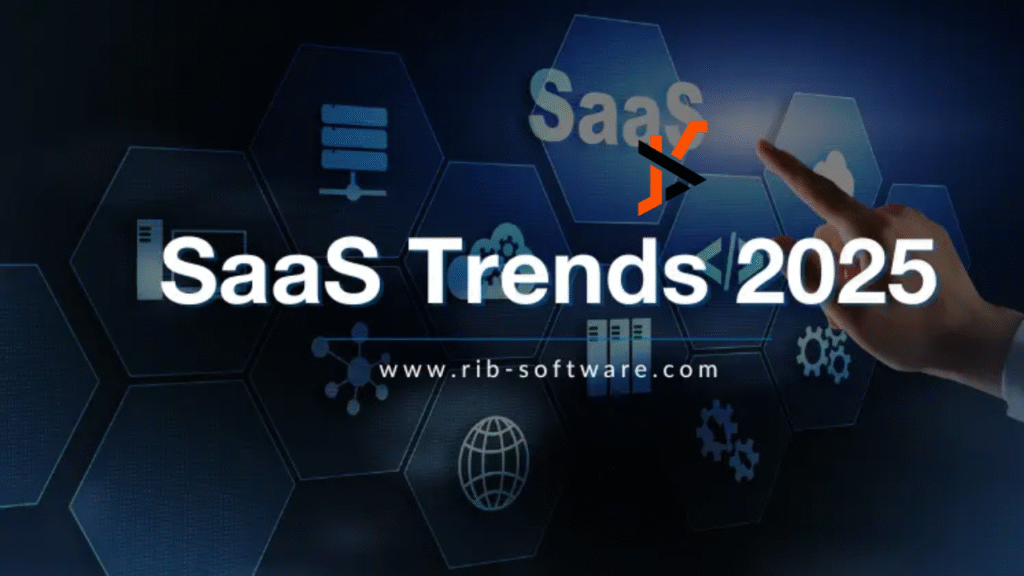As startups and small businesses navigate the fast-changing business landscape of 2025, selecting the right software solutions can make a huge difference. SaaS platforms provide flexibility, scalability, and efficiency, allowing businesses to streamline operations, enhance collaboration, and deliver better customer experiences—all without large upfront costs.
Choosing the right tools can help emerging companies stay agile, competitive, and ready to scale. Here are five of the best SaaS solutions for startups and small businesses this year.
1. HubSpot: All-in-One CRM and Marketing Platform
HubSpot continues to be a go-to platform for startups and small businesses seeking to manage customer relationships and marketing effectively. Its comprehensive features help teams manage leads, automate campaigns, and analyze performance—all from a single dashboard.
Benefits:
- Centralizes lead management and customer tracking for better sales efficiency
- Automates marketing campaigns to save time and improve engagement
- Provides detailed analytics for performance measurement and strategic decision-making
Why it’s ideal for 2025-26: Startups often operate with lean teams and limited resources. HubSpot’s scalable plans allow businesses to adopt only what they need, expanding as they grow. Many companies leveraging SaaS Development Servicesin the United States rely on HubSpot for its ability to integrate multiple marketing and sales functions into one platform, reducing complexity and increasing ROI.
2. Slack: Seamless Team Communication
In today’s hybrid work environment, efficient communication is critical. Slack provides an intuitive platform for messaging, collaboration, and file sharing, helping teams stay organized and connected.
Benefits:
- Centralizes team chats, notifications, and shared files, reducing email overload
- Supports voice and video calls to maintain real-time collaboration
- Integrates with other SaaS tools such as Google Workspace, Trello, and HubSpot
Why it’s ideal for 2025-26: Startups need to respond quickly to market changes, and Slack enables agile communication across teams. Small businesses benefit from its ease of use, minimal learning curve, and ability to scale as the team grows, making it a valuable addition to any business software stack.
3. Zoom: Reliable Video Conferencing
Remote work and client meetings have become standard in modern business. Zoom provides startups with a dependable platform for video calls, webinars, and online events.
Benefits:
- High-quality video and audio for meetings and presentations
- Breakout rooms for workshops, brainstorming sessions, or training
- Calendar integrations and scheduling tools for seamless planning
Why it’s ideal for 2025-26: Zoom provides startups and small businesses with professional communication tools that require no investment in costly infrastructure. The platform allows teams to concentrate on their work instead of dealing with technical obstacles because of its user-friendly interface. Partnering with an Application Modernization Companyin the USA can further optimize Zoom integration into your overall SaaS ecosystem, improving workflow efficiency.
4. Trello: Simple Project Management
Project management is a challenge for startups juggling multiple priorities. Trello provides a visual, flexible platform to organize tasks, track progress, and collaborate effectively.
Benefits:
- Visual boards for task management, prioritization, and project tracking
- Real-time updates for better team coordination
- Integrates with other SaaS tools like Slack and HubSpot for a seamless workflow
Why it’s ideal for 2025-26: Trello provides an easy-to-use platform that startups with small teams should find suitable. The software helps businesses organize their projects through its basic interface, which replaces conventional project management systems. Teams can create their own board structures and workflow processes to match their particular requirements, which enables them to operate using agile methods and make decisions rapidly.
5. Shopify: Scalable E-Commerce Platform
For startups and small businesses looking to sell products online, Shopify offers a robust, easy-to-use e-commerce platform. It allows businesses to set up stores quickly, manage inventory, and market their products effectively.
Benefits:
- Customizable templates for quick and professional store setup
- Integrated payment gateways, inventory management, and shipping solutions
- Marketing tools, analytics, and apps to increase traffic and sales
Why it’s ideal for 2025-26: With e-commerce continuing to grow, Shopify provides small businesses with the tools to compete with larger retailers. It offers scalability and professional features without requiring heavy technical expertise. Startups working with a trusted Application Modernization Company can ensure Shopify integrates seamlessly with other business systems, maximizing efficiency and growth potential.
Conclusion
Selecting the right SaaS solutions can significantly impact a startup’s or small business’s efficiency, growth, and competitive advantage in 2025-26. Platforms like HubSpot, Slack, Zoom, Trello, and Shopify address key business needs—from customer relationship management and team collaboration to project management and e-commerce operations.
Partnering with SaaS Development Services in the United States, like Jellyfish Technologies, ensures these tools are implemented effectively, integrated seamlessly, and optimized to support long-term business goals. With the right SaaS solutions in place, startups and small businesses can focus on innovation, customer satisfaction, and scalable growth, turning technology into a strategic asset rather than a challenge.

